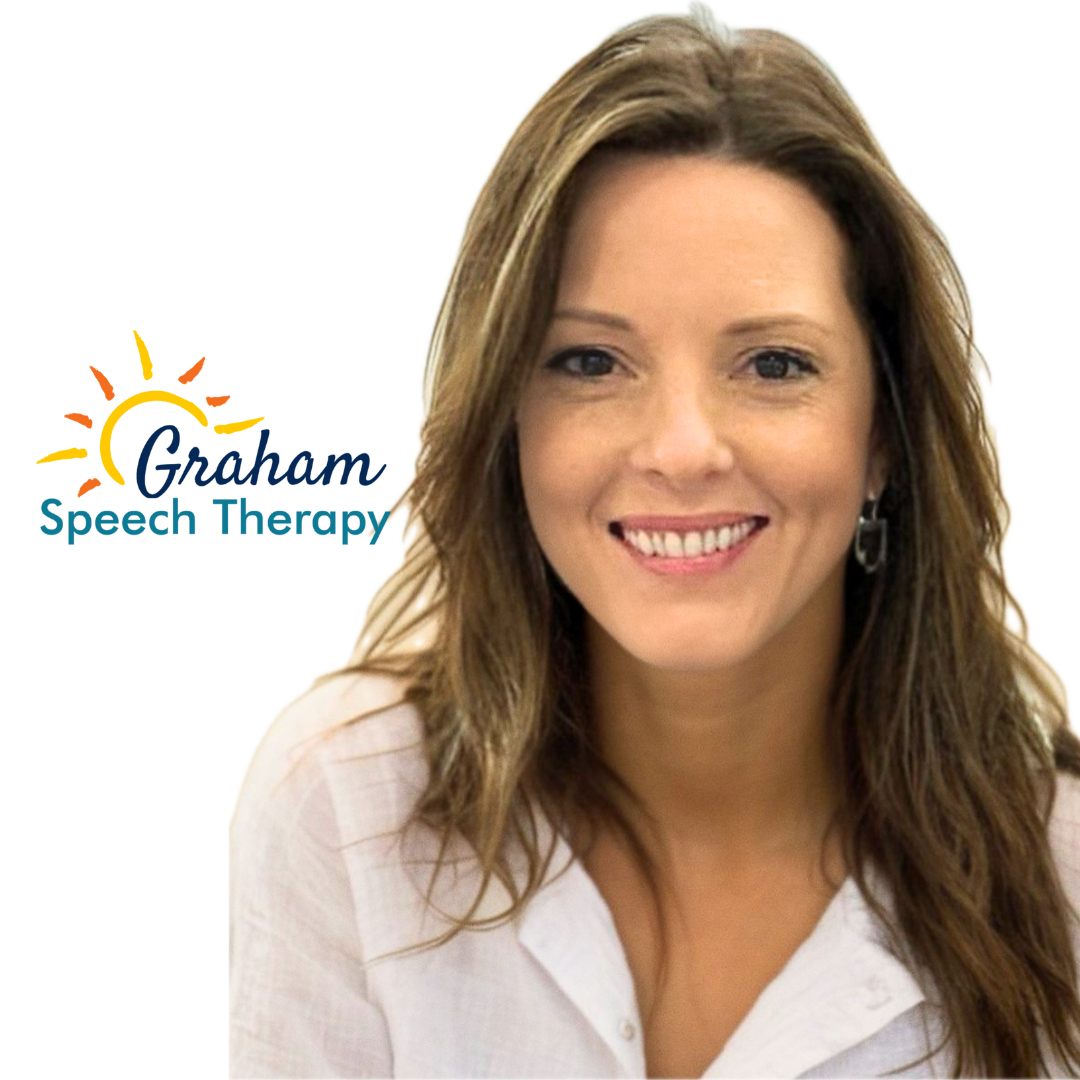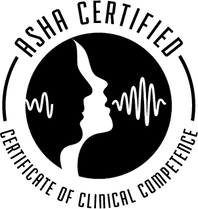|
Yup... I said it. Given all the buzz from that McCleod & Crowe article last year, it should be no secret that we've totally been misinterpreting those articulation norms. But, for a lot of SLPs it still begs the question... "then at what age should we be addressing particular sounds in speech therapy?"
Some of the most common questions I hear from SLPs sound something like this: "When should I start treating kids for /r/ errors?" ... or ... "Aren't /s/ sound errors still age appropriate for preschoolers?" Those are the WRONG QUESTIONS. If we base eligibility criteria and/or target selection primarily on arbitrary "cut-off" ages for acquisition of sounds, then we're missing the whole point. There are so many other variables that should be considered in addition to what particular sounds a child has at a particular age...
I like a good bar graph as much as the next guy... but I have to remind myself its just one piece of a bigger puzzle. Let's take the /s/ sound, for example. Here are some factors I take into consideration when I decide whether or not to recommend speech therapy:
Now, I completely understand that many school-based SLPs are all too often bound by black-and-white eligibility guidelines put in place by administrators with little to no understanding of the nuances of SSDs. And believe me, I can totally empathize with the concerns over gigantic caseloads in light of all these considerations (I was a school-based SLP for many years, myself). Unfortunately, I have no easy answers. I just know that we do our kids and their families a disservice when we solely rely on speech acquisition norms as an arbitrary threshold for eligibility criteria. With everything we’re learning about complexity theory, how we’ve been misinterpreting those speech acquisition charts, and how speech delays/disorders can impact literacy... it becomes pretty clear that there really is no “magic age” at which we should begin providing intervention for kids with errors of particular sounds. It’s much more complicated than that.
9 Comments
|
|



 RSS Feed
RSS Feed
